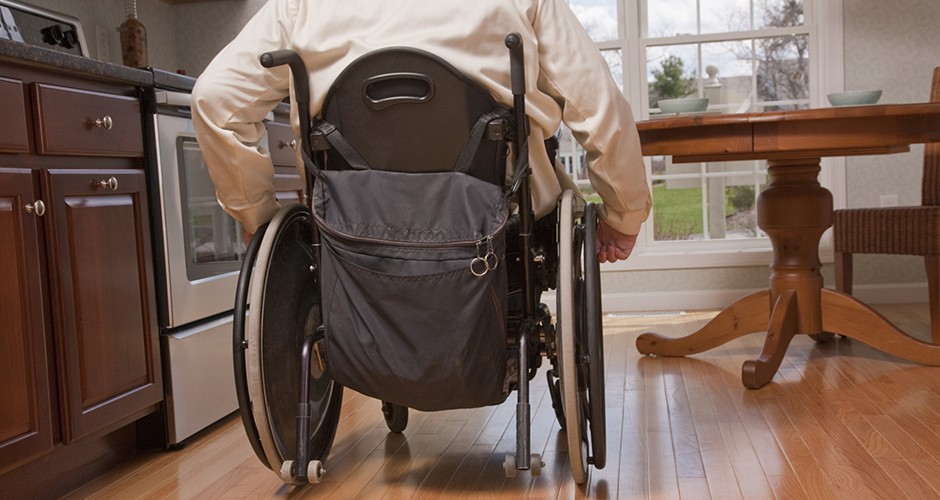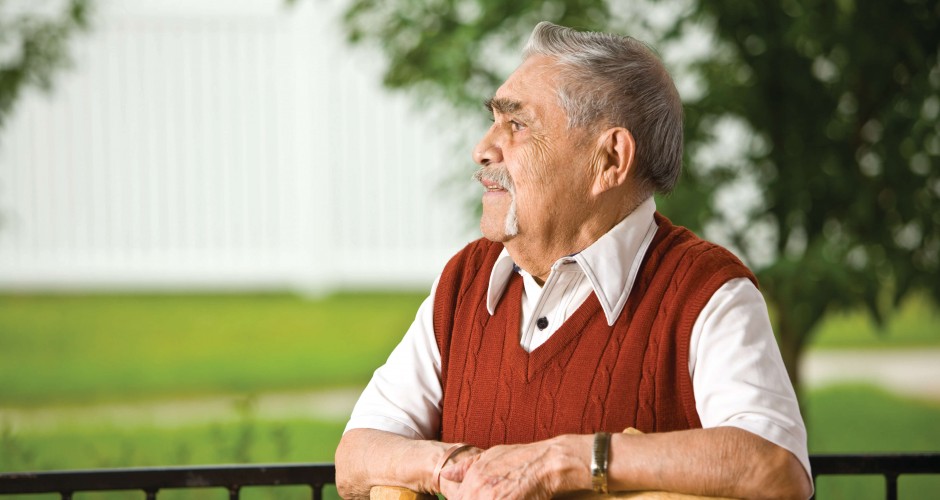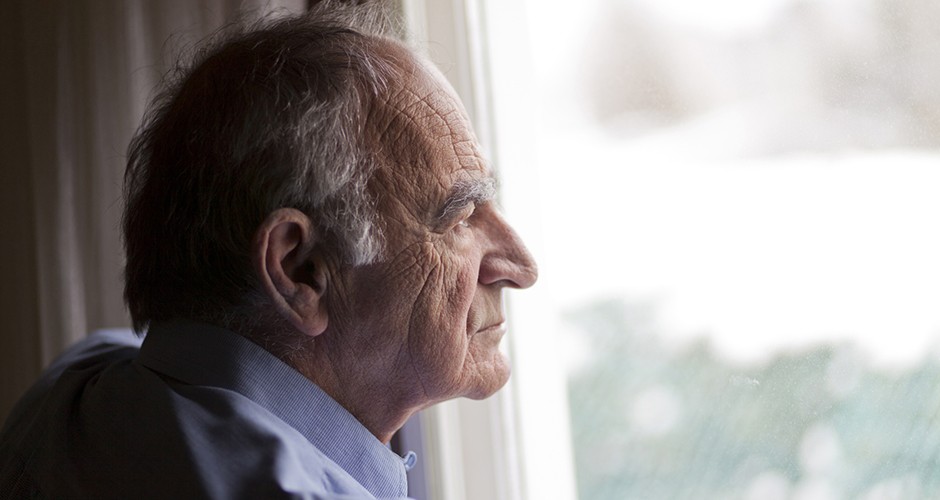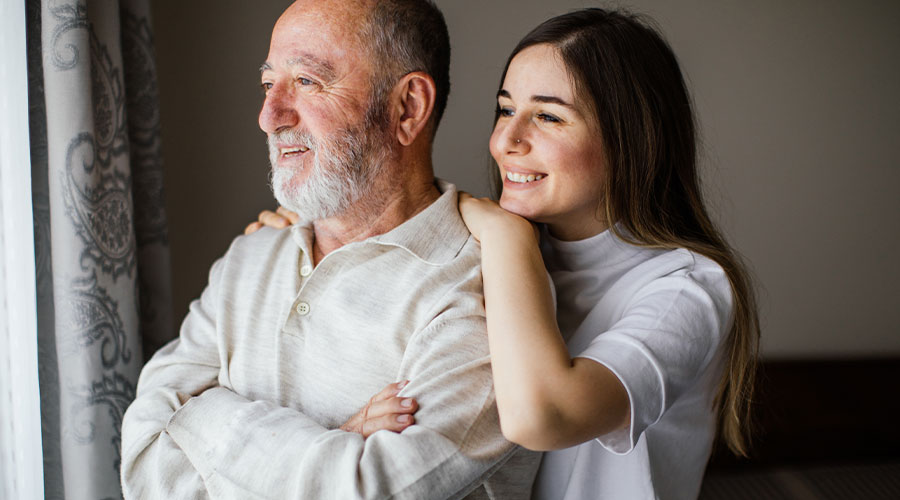For too many seniors in our country, abuse or neglect is an all-too-real part of life. Knowing the signs of elder abuse — and where to get help — can change that.
What is elder abuse?
- Physical abuse, such as hitting or restraining a person
- Sexual abuse, including any nonconsensual contact
- Emotional abuse, such as humiliating, intimidating, threatening or repeatedly ignoring a person
- Neglect or abandonment, including preventing a person from receiving basic needs
- Exploitation of a person’s money, property or assets
What are the warning signs of elder abuse?
- Unexplained injuries, such as scratches, bruises or welts
- Withdrawal from usual activities and relationships
- Sudden changes in spending habits, hygiene or appearance
- Depression, confusion or insomnia
- Sudden mood swings, anger or crying
- Any mention of mistreatment
Keep in mind that these signs may not be caused by elder abuse — but you should follow up to root out the causes.

What if I suspect abuse?
Always dial 911 for immediate help.
If someone isn’t in immediate danger but you suspect abuse, talk to the person about the situation and what you can do.
Some seniors may feel ashamed or afraid to report abuse. You might have to step in to seek help.
Where to find help:
-
National Domestic Violence Hotline
This hotline is available 24/7 to offer resources and support. Call 1-800-799-7233.
-
Adult Protective Services
Adult Protective Services investigates reported cases of abuse and arranges for treatment and protection. Find a local APS agency.
-
Ombudsman
Every state has an ombudsman program to address, advocate and resolve issues for seniors in nursing homes, care centers and assisted living. Find your local ombudsman.
The Good Samaritan Society's chief medical officer, Dr. Victoria Walker, is part of a task force that studies the prevalence of financial, physical and emotional abuse of seniors in South Dakota, where the Good Samaritan Society’s national headquarters are located.
“Elder abuse is an unfortunate reality,” says Dr. Walker. “We know that the first step to improving any problem is to acknowledge it and work to better understand its severity and contributing factors. This task force is a step in the right direction toward ending abuse of our seniors.”
Based on their research and findings, the elder abuse task force will make recommendations to legislators on creating or changing laws to better protect seniors from abuse.
If you or someone you know is being abused or neglected, it's time to speak up.
Sources and additional resources: National Center on Elder Abuse, National Institute on Aging, Nursing Home Abuse Guide, CDC: Division of Violence Prevention




